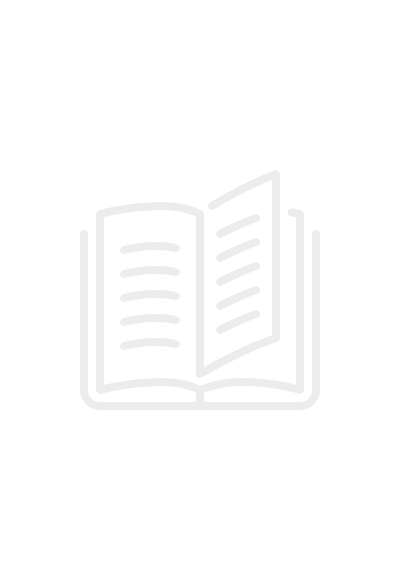-
Книги
- Нонфикшн
- Гуманитарные науки
- Деловая литература
- Естественные / Точные науки
- Книгоиздание
- Лайфстайл
- Словари / Энциклопедии
- Художественная литература
- Детектив
- Драматургия
- Классическая проза
- Мифология. Эпос
- Поэзия
- Собрания сочинений
- Современная художественная проза
- Фантастика. Фэнтези
- Биографии / Мемуары
- Графические романы / Комиксы
- Детские книги
- Воспитание. Педагогика
- Детский досуг
- О детских книгах
- Познавательная литература
- Художественная литература для детей
- Журналы / Зины
- Архитектурные
- Гуманитарные
- Журналы о моде
- Зарубежная периодика
- Искусство / Фотография
- Кино / Театр
- Лайфстайл
- Книги «Подписных изданий»
- Книги на иностранных языках
- Английский язык
- Испанский язык
- Итальянский язык
- Книги на иностранных языках для детей
- Немецкий язык
- Финский язык
- Французский язык
- Шведский язык
- Книги о кино
- Книги о музыке
- Книги о средневековье
- Книги о театре
- Книги о фотографии
- Книги об искусстве / Книги об архитектуре
- Альбомы по искусству
- Архитектура
- Декоративно-прикладное искусство
- Живопись
- Искусствоведение
- Орнаменты
- Прочее
- Танец
- Татуировка
- Творческое развитие
- Книги по философии
- Кулинарные книги
- Николай Солодников рекомендует
- Предзаказ
- Про дизайн / Про моду
- Путеводители / Книги о путешествиях
- Канцелярские товары
- Подарки
- Подарочные сертификаты
Адрес магазина: Санкт-Петербург, Литейный пр., 57
Robert Zhao Renhui: A Guide to the Flora and Fauna of the World
| Автор | Robert Zhao Renhui |
|---|---|
| Издательство | Steidl |
| Год издания | 2018 |
| Переплет | Твёрдый |
| Страниц | 58 |
| Формат | 240х340 мм |
| Язык | Английский |
| ISBN | 978-3-95829319-9 |
| Артикул | 1105754 |
To what extent can we trust photography and science? Robert Zhao Renhui explores these questions in A Guide to the Flora and Fauna of the World, which appears to be an authentic catalogue of plants and animals but is in fact entirely fictitious. Renhui’s guide ostensibly “documents” 55 different animals, plants and environments that have been manipulated by man but do not appear to be, and examines the myriad ways in which humans are altering nature. Here are curious creatures that have evolved in often unexpected ways to cope with our changing world, including rhinoceroses with barely visible horns and monkeys dependent on food handed out by humans. Other organisms in the series are the products of human intervention, mutations engineered to serve various purposes from scientific research to the desire for ornamentation, such as man-made gelatin grapes, genetically modified tomatoes and “unbreakable” eggs. All living things constantly adapt to the various pressures they face including predators, pollution and environmental change. Yet the human species has undeniably emerged as the main perpetrator of the dangers that threaten the survival of other life forms. A Guide to the Flora and Fauna of the World reminds us of this fact, and above all to retain a critical, cautious and ironic attitude to the “real.”
Подписка на рассылку
Раз в месяц будем присылать вам обзоры книг, промокоды и всякие-разные новости




